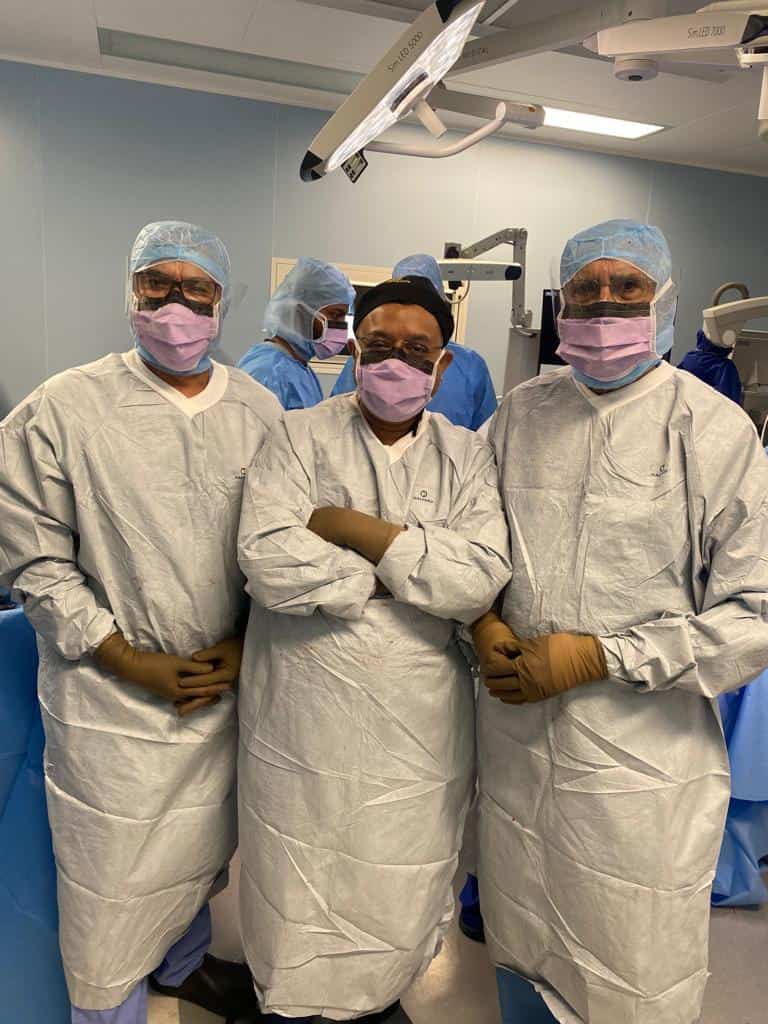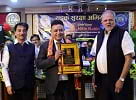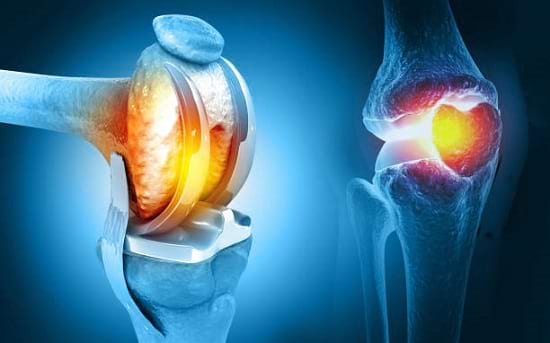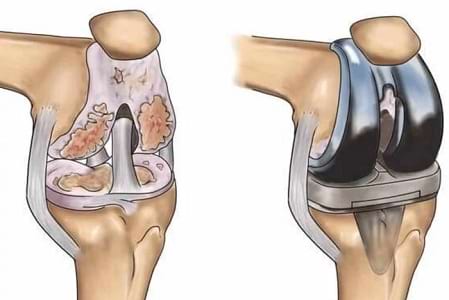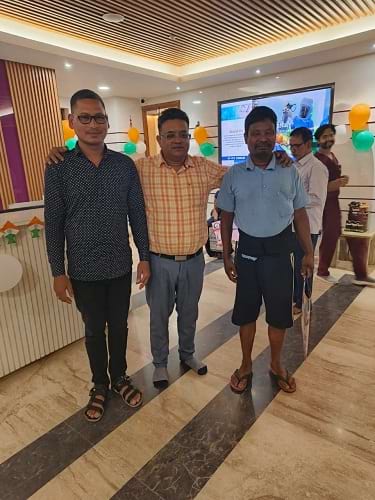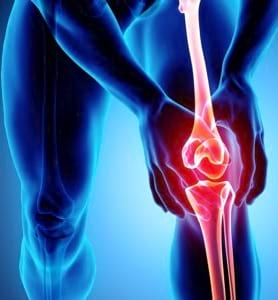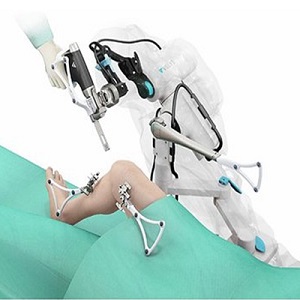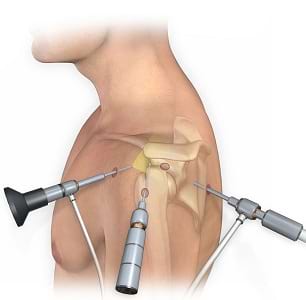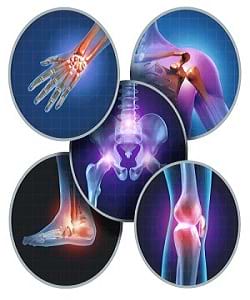AJRC- Joint Replacement Hospital In Bihar For Pain Free Tomorrow
The Joint Replacement Hospital is well known for treating elbow, shoulder, hip, knee, and other joint pains and illnesses using a patient-centric approach.
The Joint Replacement Department at AJRC is the go-to place for comprehensive treatment and to get relief from joint pain and problems. We are dedicated to improving your quality of life by using the most advanced technology and the skills of the most skilled surgeons in our patient-centric approach.
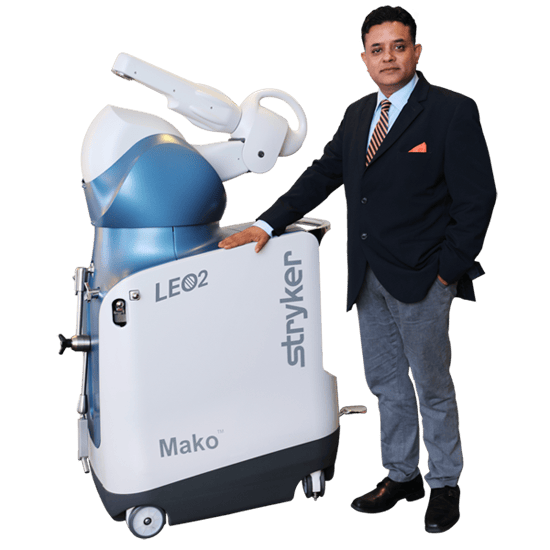
Advantages of Robotic Surgery
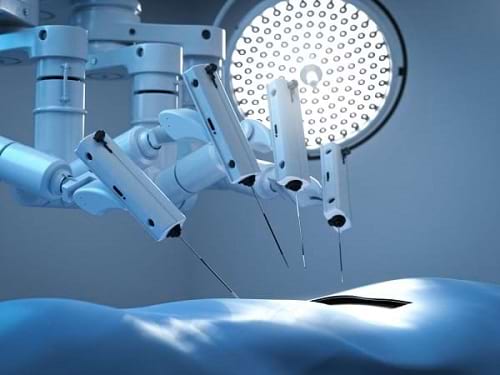
Types Of Joint Replacement Surgeries & Treatments
Total Hip Replacement (THR)
Total Knee Replacement (TKR)
Total Shoulder Replacement
Total Elbow Replacement
Total Ankle Replacement
Total Wrist Replacement Delux
Total Finger Joint Replacement
Total Toe Joint Replacement
Total Temporomandibular Joint (TMJ) Replacement
Indications for Joint Replacement Surgery
Knee, Hip joints causing severe pain
Difficult mobility
Joint diseases affecting multiple joints
Lack of blood supply to the bone tissue
Limited range of motion
Joint Replacement Surgery FAQs
AJRC Patna is a leading orthopedic hospital in Bihar, offering expert surgeons, advanced technology, and personalized care. The hospital ensures precise procedures, high success rates, and smooth recovery for patients from Patna, Bihar, and nearby areas.
Patients from Patna, Gaya, and Muzaffarpur trust AJRC for its skilled orthopedic team, modern facilities, and structured post-operative care. Recognized as a top orthopedic hospital in Patna, AJRC provides safe and effective joint replacement surgeries.
AJRC Patna implements strict safety standards, modern surgical methods, and personalized rehabilitation plans to ensure optimal outcomes. Patients traveling from other cities and states receive complete support for accommodation, travel, and follow-up, making AJRC a leading joint replacement center in Bihar.






